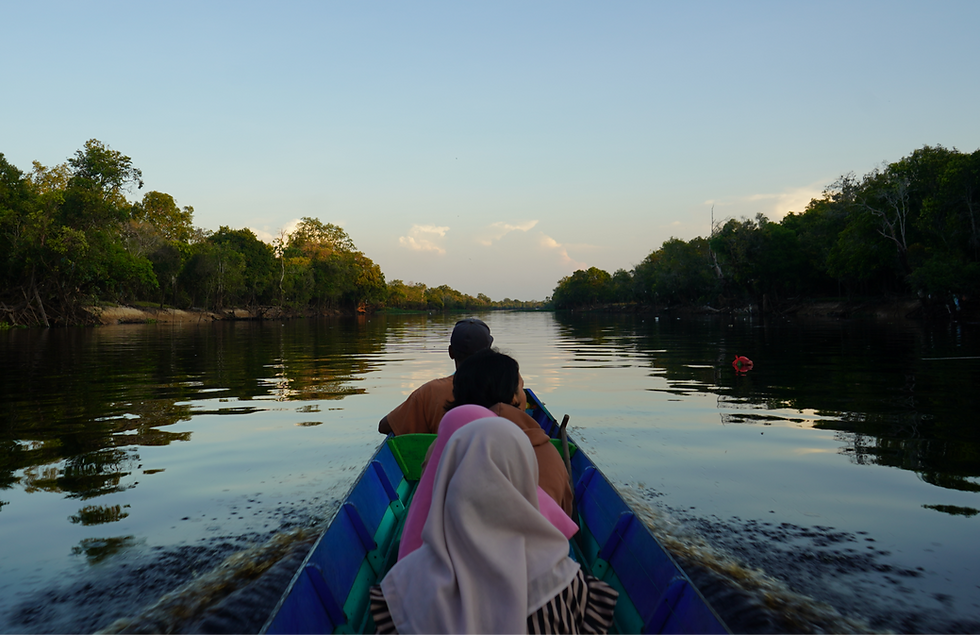Green Charcoal, a partial solution to natural resource degradation in East Africa
- Nov 29, 2010
- 3 min read
Updated: Jul 30, 2024
By Jimmy Eggers, Special Projects Director, WWC
On a worldwide basis, the destruction or degradation of forest vegetation by slash and burn agriculture and timber harvest is the largest contributor to increased CO2 emissions into the atmosphere. This is more than manufacturing emissions, machine exhaust emissions, and petrochemical by-product emissions combined. So by extension, some might say that forest resource misuse is the primary problem to be solved when looking at our efforts to reduce CO2 emissions, and thereby improve our climate change outlook.
In East Africa, a major portion of forest degradation is done by persons engaged in charcoaling. Charcoaling is a production process whereby indigenous hardwood trees and shrubs are indiscriminately harvested and put through a slow burning/drying method which results in slow burning fuelwood used for daily cooking activities by a majority of the population in both rural and urban areas.
Natural gas and other alternative resources are for the most part felt to be too inconvenient and too unaffordable. In Kenya, as within several East African countries, this harvesting, almost always done on public lands or other lands not owned by the harvester, is illegal. However, with almost no alternative(s), there is little or no enforcement.
The associated negative consequences are myriad, including habitat destruction, respiratory diseases from frequent smoke inhalation, and the undermining of the country’s revenue production by this huge underground economy not contributing to society.
We at Wildlife Works Carbon have recognized an accentuation of the illegal or bush charcoal supply problem with its associated higher prices in the local marketplaces. We feel this is a direct result of our protection patrolling by our Wildlife Works Rangers, featured in a recent article below, of an ever increasing number of forest acres—now somewhere over 450,000 acres.

The Green Charcoal Team, with their especially built briquette press and part of a day’s production. All team members are employed locally.
Just a few months ago we began to think about the possibility of somehow sustainably producing a legal, or “green” charcoal as not only an affordable alternative to bush charcoal, but also as a way to channel some of our community reinvestment mission of job creation for local persons. Thus was born the idea of finding a way to make better, more price-competitive cooking charcoal form sustainably grown hardwood treefarms. After much research and consultation from biomass fuel proponents from around the world, we feel we are ready to try our solution.
Small fingerling-sized hardwood branches are pruned from trees left standing to regrow another branch for harvest the following year; the branches are put through a charing process which has proved to be much more time efficient and yield efficient than the traditional bush methods, and then the finished, dried charcoal is compacted into manageable briquettes by a mechanical press after being mixed with the WWC secret sauce slurry.

Approximately one day’s production for the Green Charcoal Team. The briquettes will be packages in tough recyclable bags, offering 5, 30, and 65 pound units.
The briquettes are then packaged into approximately 5 pound, 30 pound and 65 pound recyclable bags. These are ready to be affordably sold in local markets, now being arranged. We are hopeful that the marketplace embraces the product with the same enthusiasm our local workers have applied to their efforts. Further, we are hopeful this solution can be transported to the many parts of the African continent and beyond where this problem is such a burden and misfortune on the human condition.



